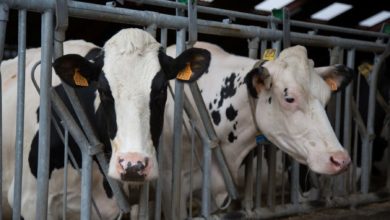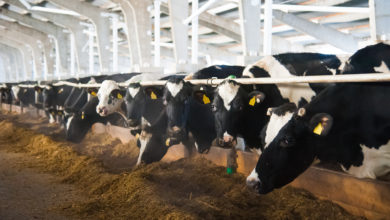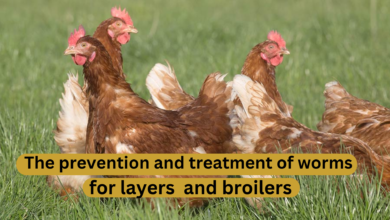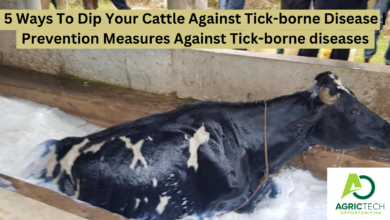Sustainable And Eco Friendly Strategies For Tick Control In dairy farming 2023
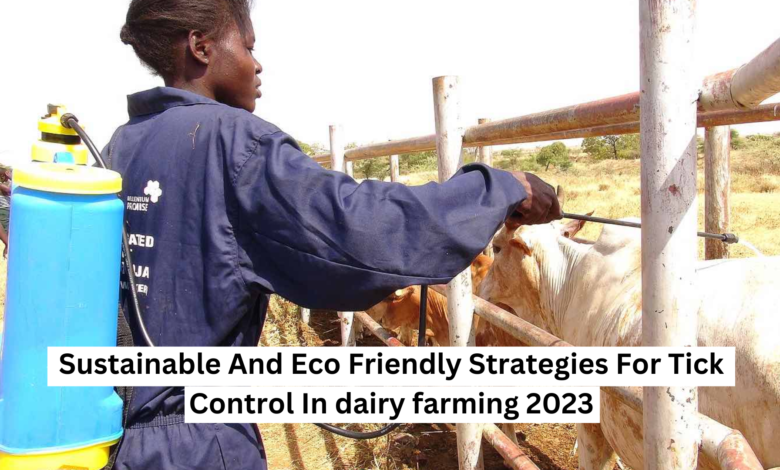
Host
GLOBAL Dairy Farming
Target Audience
Global
Program Overview
Tick infestation is a common problem in dairy farming, which can have negative effects on the health and productivity of dairy cattle. Ticks are small arachnids that feed on the blood of animals, and they can transmit disease-causing pathogens to their hosts.
ALSO READ: Approved Method To Treat Bovine Mastitis In Dairy Cattle |Overview Of Mastitis| 2023/24
The lifecycle of ticks typically has four stages: egg, larva, nymph, and adult. Ticks require a host animal to feed on in order to progress through each stage of their lifecycle. After hatching from eggs, tick larvae typically feed on small animals such as rodents or birds. Once they have fed and molted, they become nymphs and start to feed on larger animals like cattle. The nymphs then molt into adult ticks, which continue to feed on cattle and other large mammals.
Ticks can cause a range of negative effects on dairy cattle, including reduced milk production, decreased weight gain, and anemia. Ticks can also transmit diseases such as bovine babesiosis and anaplasmosis, which can be fatal to cattle.
ALSO READ: Learn How To Start Beekeeping THE HONEY BEE
Environmental strategies for tick control in dairy farming include practices that reduce the habitat and breeding sites for ticks. This can include regular mowing of pastures, removal of brush and debris, and maintaining a clean and dry environment in and around barns and other structures. Additionally, introducing biological control agents such as nematodes and fungi can help to reduce tick populations.
Methods of tick control strategies in dairy farming include chemical treatments such as acaricides and insect growth regulators, which can be applied topically to cattle or through the use of dips or sprays in barns and pastures. However, it is important to use these chemicals judiciously and in accordance with label directions to minimize their impact on the environment and non-target species.
ALSO READ: Your Key To Success: FISH FARMING (Aquaculture) 2023
Prevention of tick infestation in dairy farming includes regular monitoring of cattle for signs of tick infestation, as well as implementing measures to prevent tick attachment such as using tick-resistant breeds, providing shade and shelter to cattle, and applying repellents to cattle. Additionally, reducing contact between cattle and wildlife can help to reduce the risk of tick infestation
ALSO READ: ALSO READ: How To Start A Profitable Poultry Production For Broilers and Layers- Full Guide Overview 2023
ALSO CHECK: How To Easily Perform Artificial Insemination Technique (AI) In Various Species Of Farm Animals
For more updates On Agric Tech Opportunities kindly join the social groups below:
Join our Telegram | Follow us on Linkedin | Also, Follow us on Twitter. | Join Our Whatsapp Group
God bless and All the best !!

